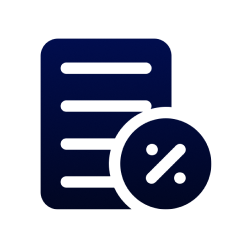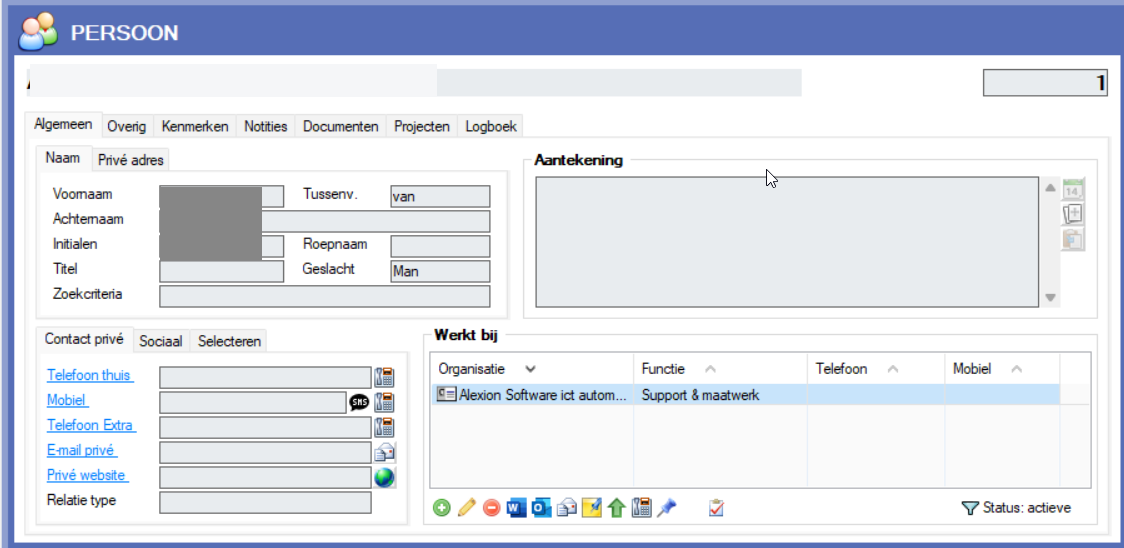Want to see what a Customer Relationship Management tool looks like? We've created a
page where we highlight three CRM systems for you. This will show you exactly what is possible within these types of solutions.
Take a look at the three systems with accompanying images and find out exactly what CRM software looks like!
This is an example of a customer card within one of these packages. Within this screen is all of your contact’s information. You can also see what communication there has been in the past. This helps you better respond to your current customers and leads.









